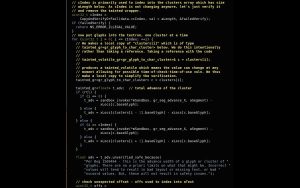
Computer scientists develop a technique to protect browsers from buggy third-party libraries.
Researchers from the University of California San Diego, University of Texas at Austin, Stanford University and Mozilla have developed a new framework to improve web browser security. The framework, called RLBox, has been integrated into Firefox to complement its other security-hardening efforts. Read More
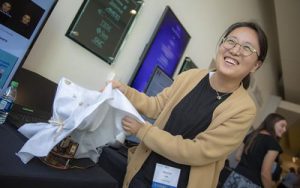
UC San Diego alumna Hee Rin Lee, now an assistant professor in MSU’s Department of Media and Information, explores how we can integrate robots into our lives for social good, whether it be in a retirement community or a bustling factory. The roots of her research go back to her time in the lab of computer science professor Laurel Riek here at the Jacobs School of Engineering at UC San Diego. Read More
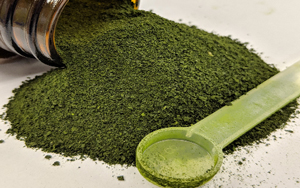
A widespread, fast-growing plant called Chlamydomonas reinhardtii is famous in scientific laboratories due to its position as the world’s most exhaustively studied algae.
For decades, the green, single-celled organism, which primarily grows in wet soil, has served as a model species for research topics spanning from algae-based biofuels to plant evolution. While other species of algae have been used as dietary nutraceuticals that provide beneficial oils, vitamins, proteins, carbohydrates, antioxidants and fiber, the benefits of consuming C. reinhardtii were previously unexplored. Read More
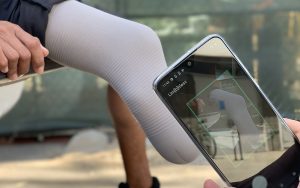
In November, 2019, ten UC San Diego students filed into a bustling amputee clinic in Jaipur, India. On one side of the room, men and women, some bearing crutches, watched as their new limbs took shape under the staff’s careful hands. For many of them, a prosthetic limb represented the chance to regain their mobility, independence and livelihoods.
The students’ visit to the Jaipur Foot clinic—a non-profit known around the world for providing affordable, prosthetic limbs and other mobility aids to those in need—marked more than a year of painstaking work to develop technology connecting amputees directly to prosthetists. The work is part of Project Lim(b)itless, an initiative founded by Albert Lin, a recent amputee and researcher at the Qualcomm Institute (QI) at UC San Diego. Read More
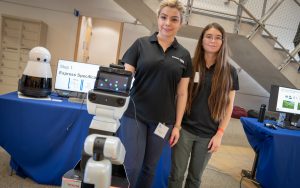
The 2020 CSE Winter Research Open House was held on January 31 and, for anyone interested in learning about UC San Diego’s Computer Science and Engineering Department, this was the place to be. The event featured a keynote on augmented reality, two rounds of student research presentations, an industry panel, open labs, a graduate student poster session and industry info sessions.
Keynote speaker Edward Wu (CSE ‘04), VP, Platform at Niantic and technical lead for Pokémon Go, showcased the company’s evolution and ongoing efforts to develop technology that connects people to one another and their surroundings. Read More
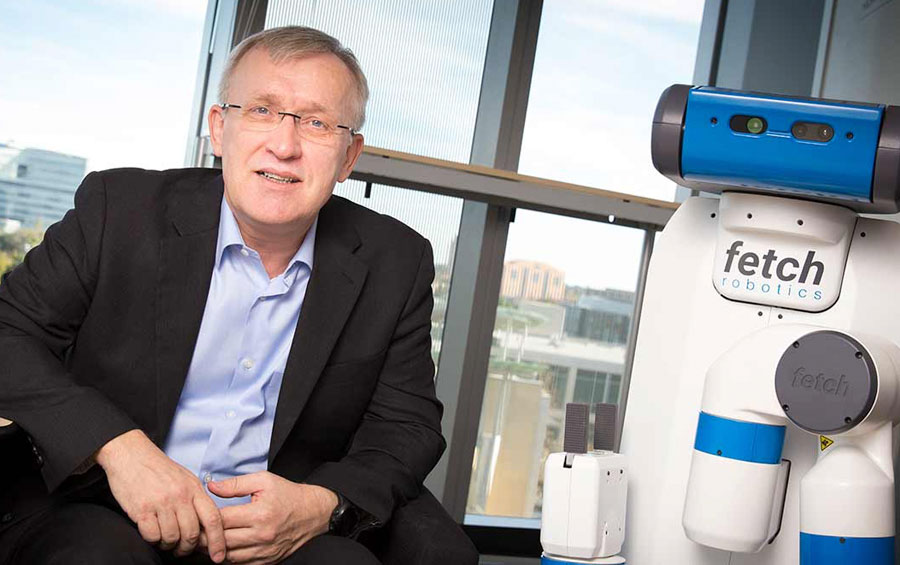
Can robots be effective tools in combating the COVID-19 pandemic? A group of leaders in the field of robotics, including Henrik Christensen, director of UC San Diego’s Contextual Robotics Institute, say yes, and outline a number of examples in an editorial in the March 25 issue of Science Robotics. They say robots can be used for clinical care such as telemedicine and decontamination; logistics such as delivery and handling of contaminated waste; and reconnaissance such as monitoring compliance with voluntary quarantines. Read More
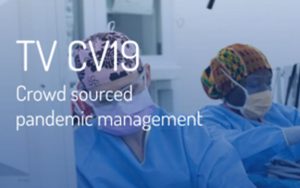
In the face of COVID-19, many caregivers, engineers and gifted amateurs are stepping up to find ways to support healthcare workers.
To help guide some of these efforts, Michael Barrow, a Ph.D. candidate with Professor Ryan Kastner’s research group in the Computer Science and Engineering Department (CSE) at UC San Diego, is leading an effort to boost critical care management during these uncertain times. Barrow is working closely with Shanglei Liu, MD, a general surgeon at Mayo Clinic and the project’s clinical primary investigator. Read More
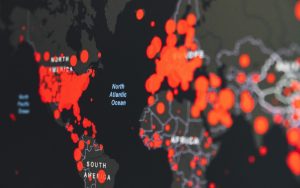
With the help of hundreds of students and community volunteers, UCSD faculty have developed an online portal to give clinicians, researchers and others responding to COVID-19 a simple way to ask questions about the disease and receive rapid responses.
Everything about the COVID-19 pandemic is new: the virus’s transmission to humans, the stay-at-home orders, the challenges many responders are facing. With so much in flux, providers are being asked to find new solutions. In response, a group of UC San Diego faculty, with the help of hundreds of students and community volunteers, has stepped up to create an online portal called Earth 2.0 COVID-19 Rapid Response. Read More
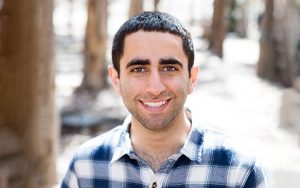
When you hear the term “evolutionary tree,” you may think of Charles Darwin and the study of the relationships between different species over the span of millions of years.
While the concept of an “evolutionary tree” originated in Darwin’s “On the Origin of Species,” one can apply this concept to anything that evolves, including viruses. Scientists can study the evolution of SARS-CoV-2 to learn more about how the genes of the virus function. It is also useful to make inferences about the spread of the virus around the world, and what type of vaccine may be most effective. Read More
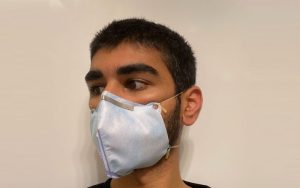
The COVID-19 pandemic is impacting the availability of personal protective equipment (PPE) supplies in Baja California, and researchers with UC San Diego’s Department of Computer Science and Engineering (CSE) are developing solutions to help.
Nadir Weibel, an associate professor in the Department of Computer Science and Engineering and head of the Human-Centered and Ubiquitous Computing Lab, is collaborating with university colleagues, government and industry to develop PPE solutions and to transport supplies, like masks and face shields, to hospitals in Baja. Read More
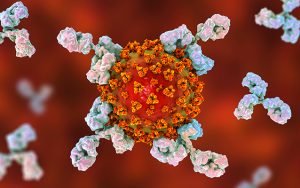
It could help determine why a potential COVID-19 vaccine may be effective in some people but not others
Scientists with UC San Diego’s Jacobs School of Engineering and the Qualcomm Institute have developed a new gene prediction algorithm, called MINING-D, that could help researchers investigate the genetic clues behind the variation of symptoms shown in COVID-19 patients — information that is key to creating a versatile and effective vaccine. Read More
copyright 2020 – Computer Science & Engineering – University of California San Diego